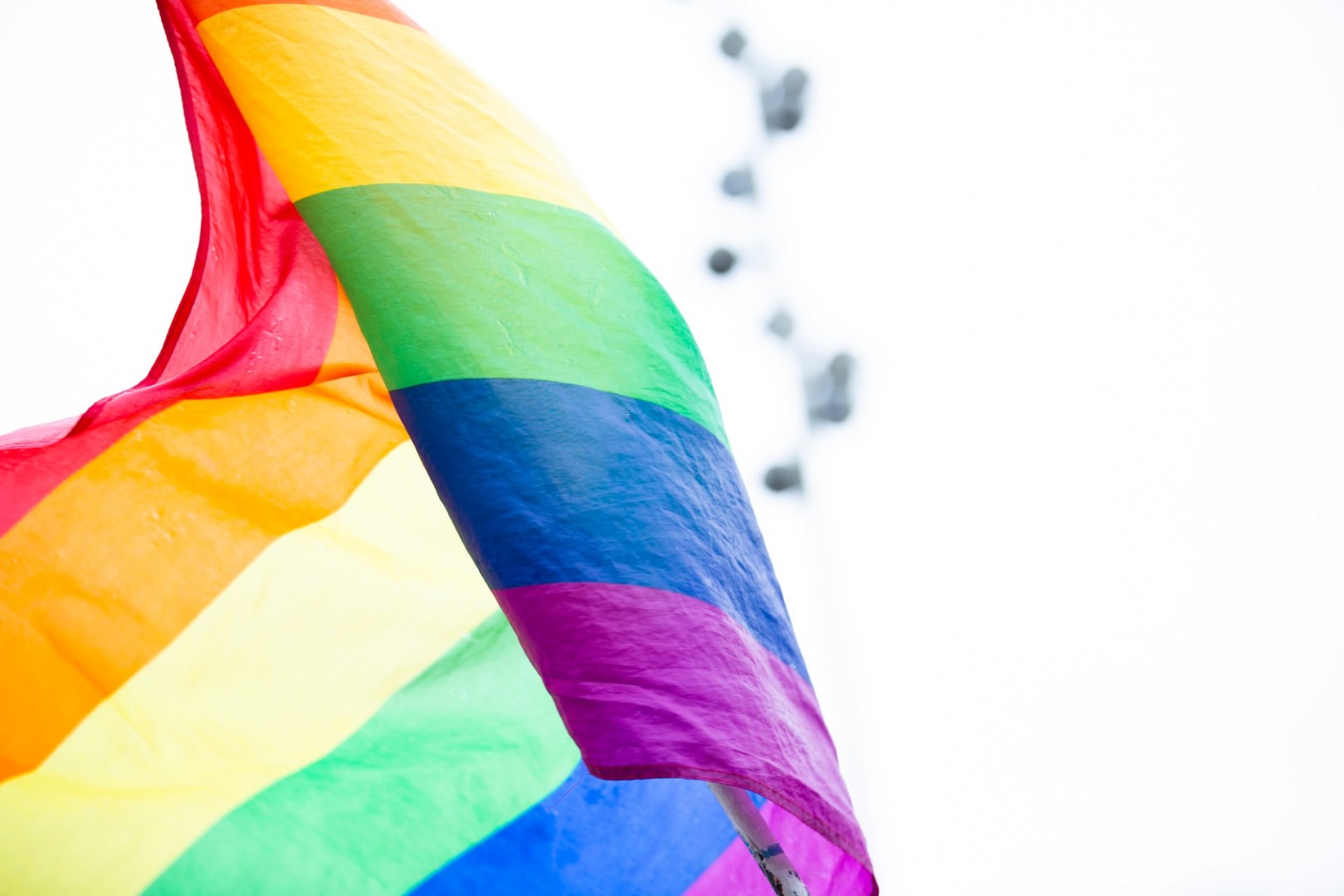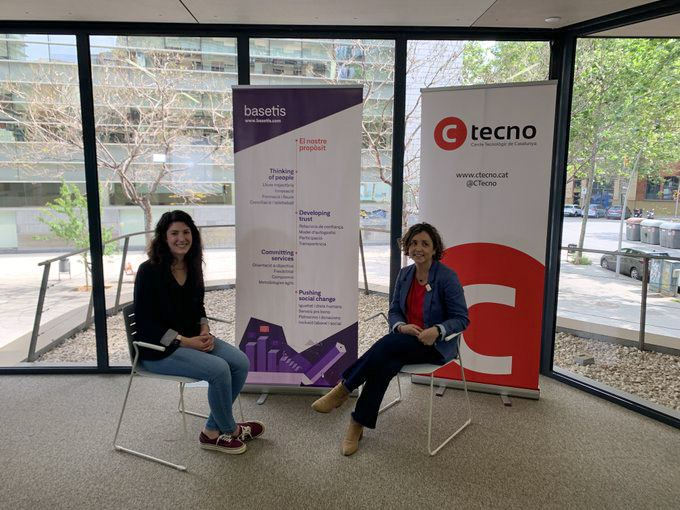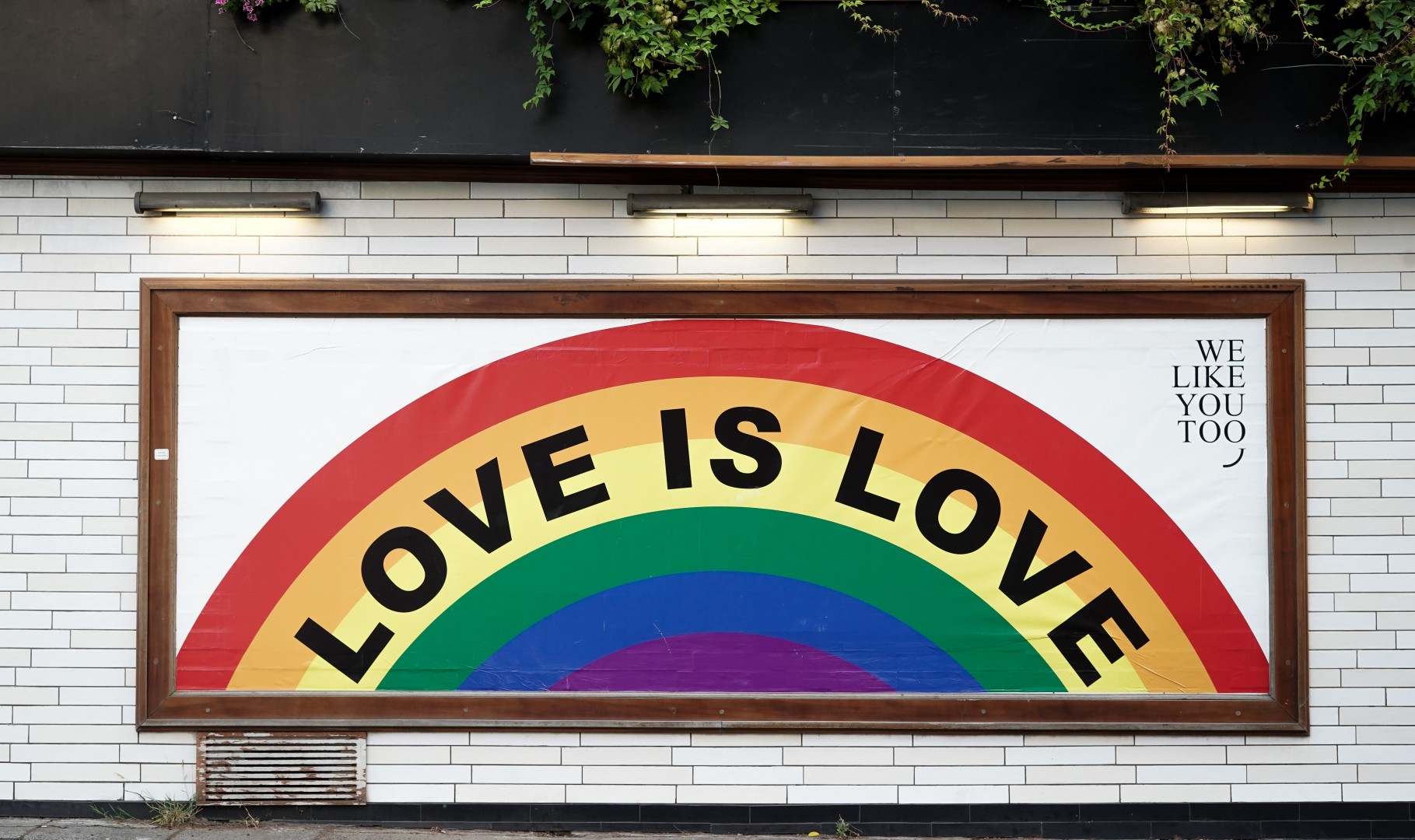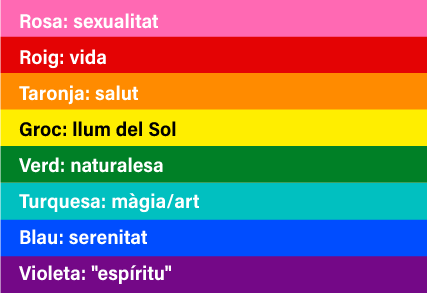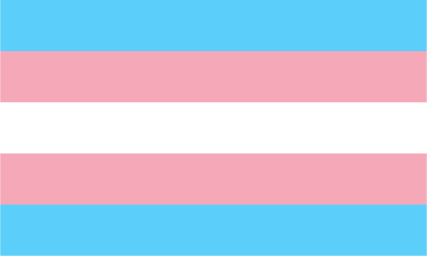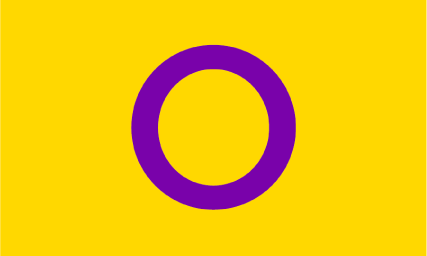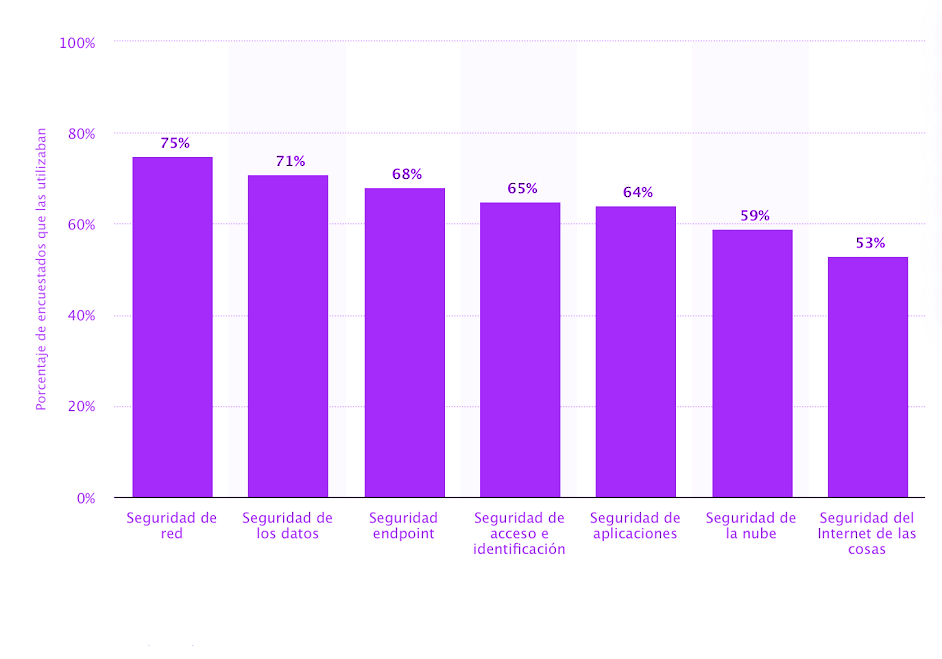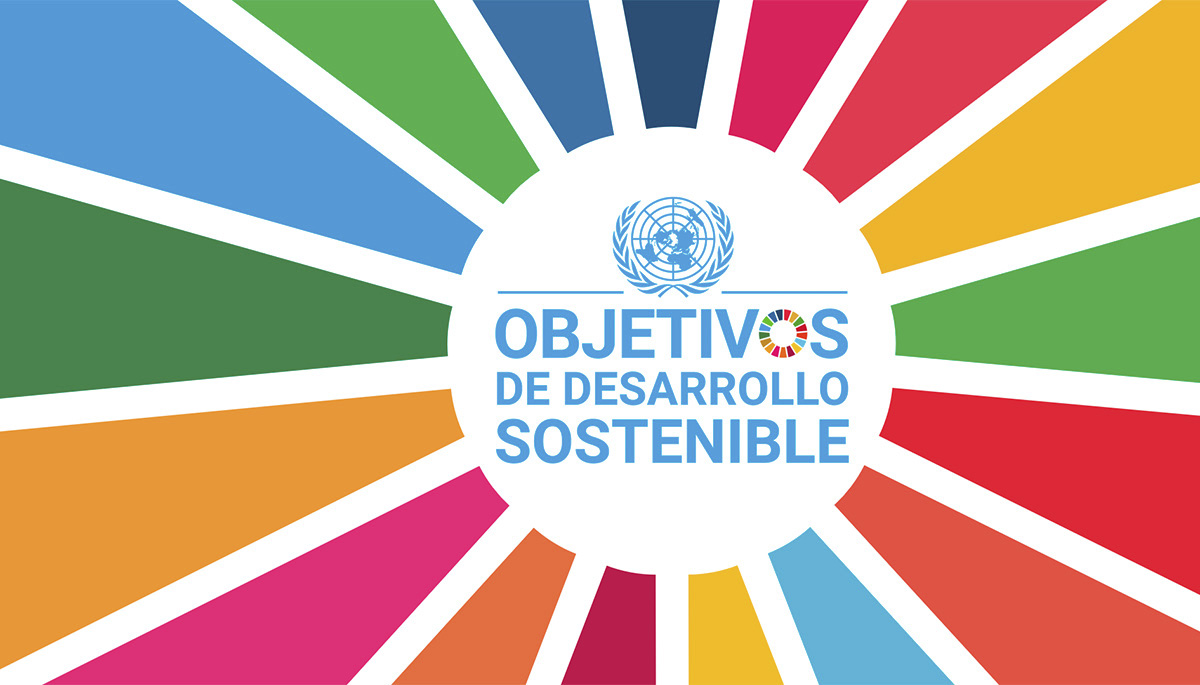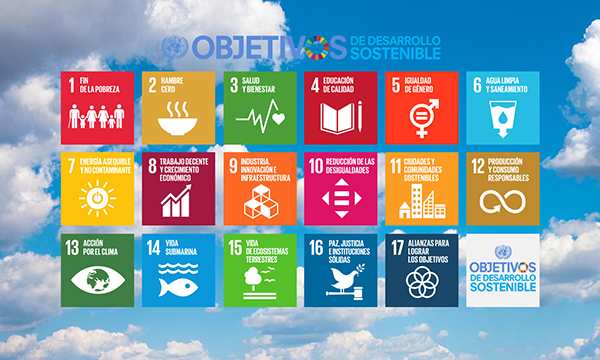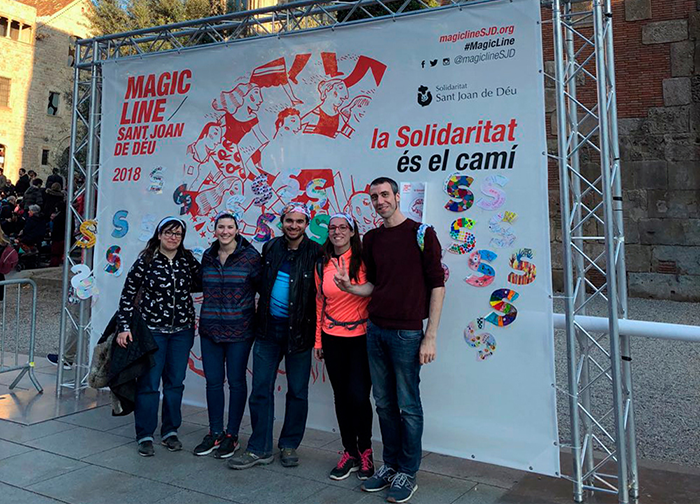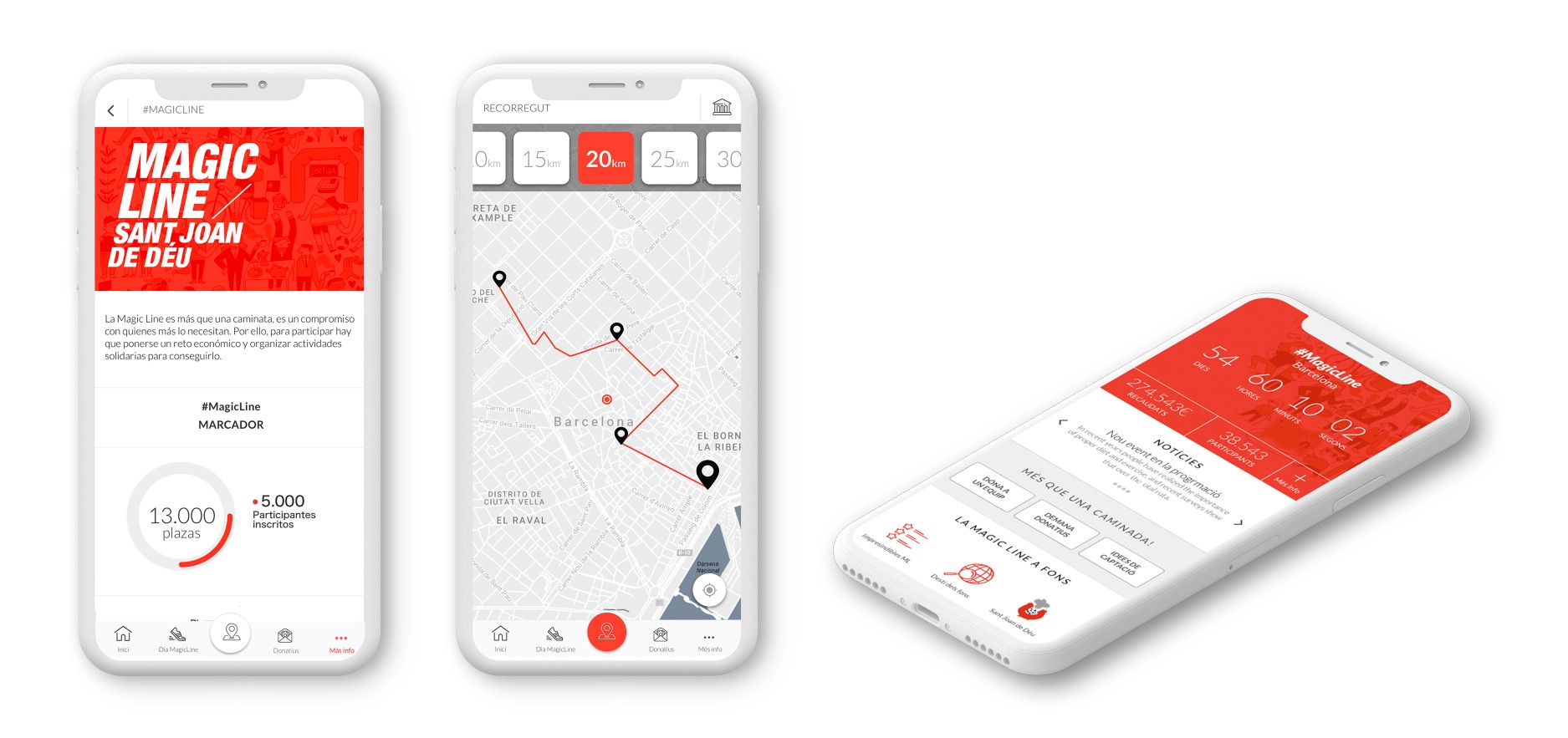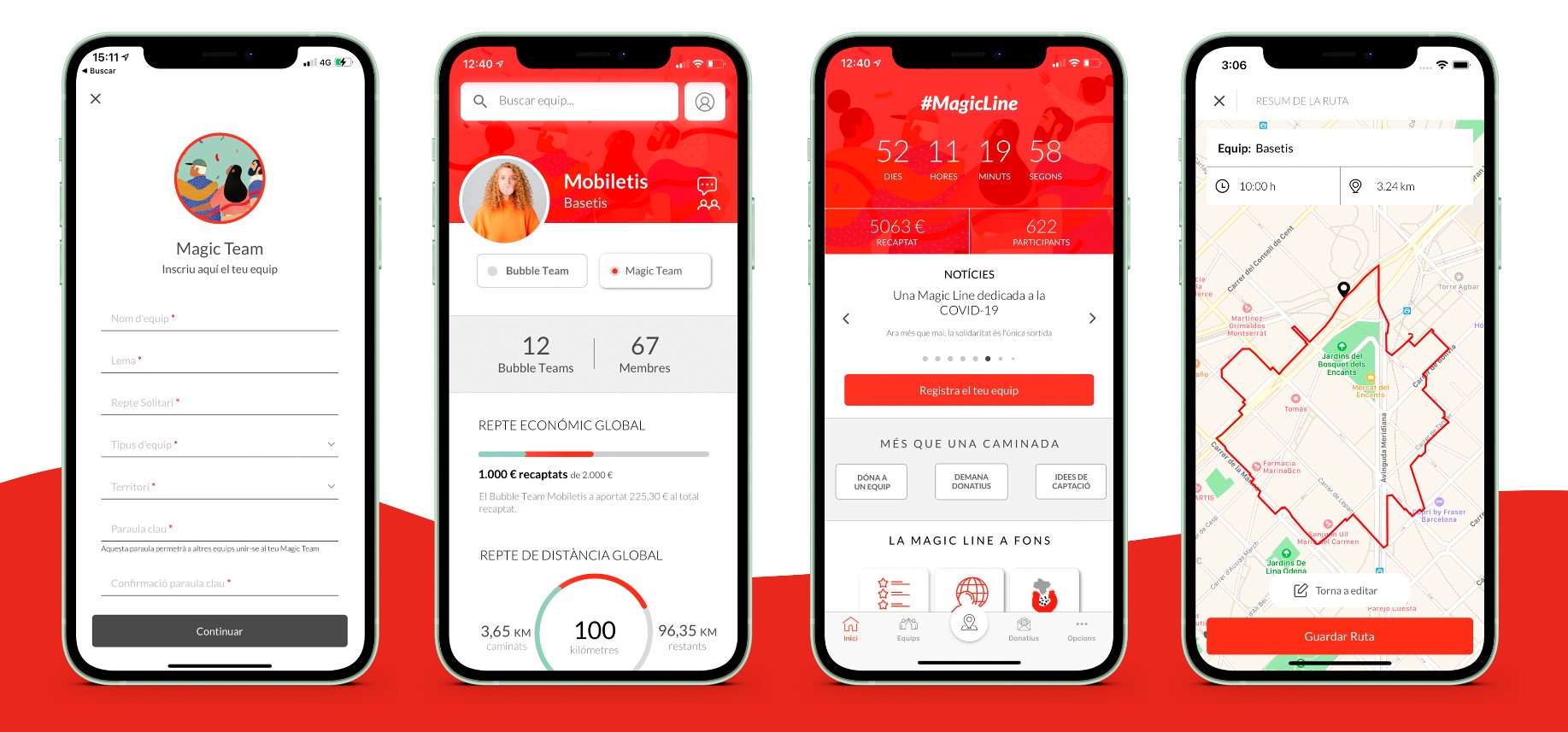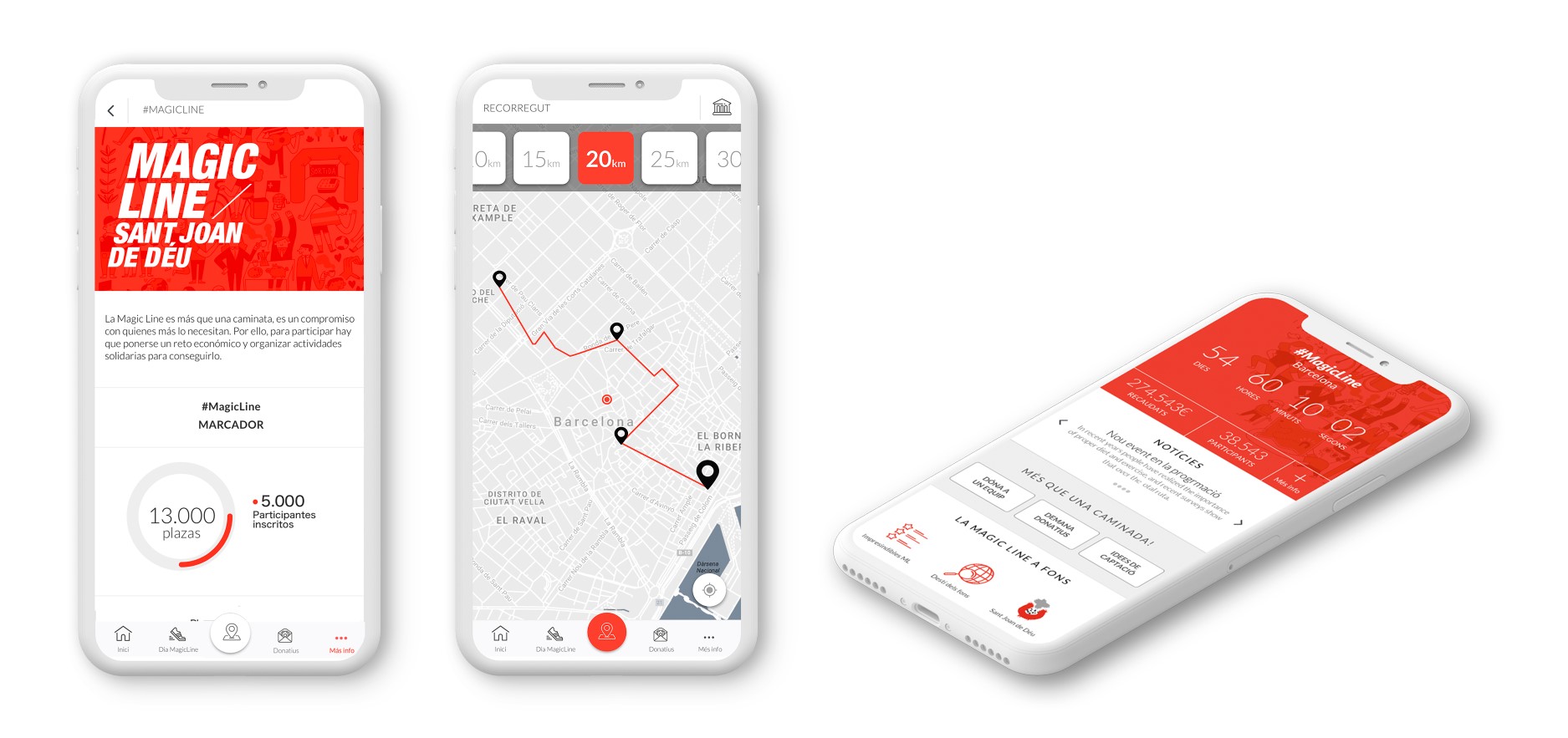Avui és el Dia de l’Orgull LGBTI i tot sovint, les persones que formem aquest col·lectiu, ens topem amb la pregunta de per què se segueix celebrant aquest dia i quines raons hi ha al darrere. Intentaré donar-vos-en unes quantes. Començarem amb un vídeo prou pedagògic.
1a raó. El confinament
El confinament domiciliari (total o parcial), ha fet que persones hagin hagut de conviure amb els seus maltractadors. En l’àmbit LGTBI s’ha vist com jovent ha hagut de suportar l’actitud LGTBI-fòbica dels seus familiars o nuclis de convivència. Un doble confinament, el de l’emergència sanitària i el no poder expressar la seva orientació sexual i/o identitat de gènere. Un fingiment davant dels seus familiars, o companyes de convivència, una mentida per sobreviure.
2a raó. La gent gran
La pandèmia ha estat especialment virulenta en la població més gran de la nostra societat. En el cas de les persones LGTBI, el confinament pot agreujar la seva situació, en veure’s sovint abocades a tornar a l’armari o a gestionar actituds LGTBI-fòbiques. Això esdevé un greu risc de “doble confinament” a les residències o centres sociosanitaris.
La soledat és un dels elements destacables i que impacta en el benestar psicosocial de les persones grans, també les que s’identifiquen com a LGTBI. No podem obviar aquesta situació i calen mesures eficients i efectives per a aquest col·lectiu doblement estigmatitzat i que el situa en una situació de vulnerabilitat notable.
3a raó. Visibilització de la lesbofòbia
En aquest sentit, les dades que es publiquen per part de diferents agents socials i institucionals anualment evidencien amb claredat la invisibilització de les dones lesbianes, inclús dins del col·lectiu LGTBI. La mitjana de totes les incidències rebudes per lesbofòbia en els informes elaborats per l’OCH no arriba al 12%. Per aquest motiu, hi ha d’haver mecanismes i eines de visibilització de la lesbofòbia, amb l’objectiu de pal·liar el biaix existent i seguir treballant per garantir els drets de la totalitat del col·lectiu.
4a raó. Internet i les xarxes socials: canal obert per l’odi
L’LGTBI-fòbia es propaga pels canals que ha tingut al seu abast, emmotllant-se als espais i àmbits en els quals podia tenir presència. En l’últim any, hem estat confinades en els nostres domicilis o limitats en els nostres desplaçaments, i la comunicació a través de les noves tecnologies i les diferents plataformes digitals han centrat la nostra quotidianitat de manera molt accentuada (si hem tingut accés a les mateixes).
Els discursos d’odi es propaguen pels mitjans que té i disposa. Com la vida pública s’ha reduït molt considerablement, hi ha missatges discriminatoris i de rebuig que es difonen per les xarxes socials i altres accessos d’internet. El discurs d’odi massa sovint promou, instiga o accentua la humiliació o menyspreu a persones LGTBI o al col·lectiu en general. En altres ocasions aquestes agressions verbals/escrites adopten formes com l’assetjament, el descrèdit o la desqualificació, la difusió d’estereotips negatius o l’estigmatització.
5a raó. No és el mateix viure a Barcelona que a la resta de Catalunya
Les polítiques LGTBI, conjuntament amb les feministes, han de ser un eix central de les polítiques de qualsevol Administració. Actualment, alguns Ajuntaments estan creant en la seva infraestructura governamental regidories i/o àrees específiques per cobrir les demandes del col·lectiu LGTBI. El municipalisme és una mirada necessària que apropa les polítiques a la ciutadania. És per això que es necessita una equitat territorial amb relació als recursos, molts d’ells centrats en la ciutat de Barcelona i rodalia. S’ha de teixir xarxa en el territori, comptant amb les entitats que fan un paper important d’acompanyament i d’activisme.
6a raó. Llei Trans
L’abstenció del PSOE va impedir que el Congreso de los Diputados tramités la proposició de “Llei Trans” que despatologitzava la transsexualitat i regulava l’autodeterminació de gènere, el canvi de sexe registral sense necessitat d’informe ni tractament mèdic.
Simplement és curiós que el mateix partit que va aprovar la Llei del Matrimoni Homosexual ara posi vetos a una llei totalment necessària.
7a raó. Tancament dels espais de salut sexual durant la pandèmia
El 26 d’octubre del 2020, el Centre de Salut Internacional i Malalties Transmissibles Drassanes-Vall d’Hebron, un centre referent a Catalunya especialitzat en malalties de transmissió sexual, tuberculosi i salut comunitària, tancava les portes al barri del Raval de Barcelona fins a proper avís i traslladava als seus prop de cinquanta professionals i la majoria dels seus serveis a l’Hospital Vall d’Hebron, del qual depèn. Segons les últimes xifres disponibles, el centre va realitzar 78.000 atencions el 2018, de les quals 21.000 van ser sobre possibles malalties de transmissió sexual, gairebé 60 diàries. Aquest centre públic també proporciona la PreP (profilaxi preexposició), la pastilla antiretroviral per a prevenir el risc d’infecció per VIH. Ara ja torna a estar reobert.
El que sí que està aturat des del primer confinament és el servei de Drassanes Express, un programa iniciat el 2017 que permetia que persones amb pràctiques sexuals de risc, encara sense tenir cap símptoma, poguessin fer-se proves ràpides de VIH, sífilis, hepatitis B i C, gonorrea i clamídia, conèixer el resultat en unes hores i, en cas de ser positius, iniciar immediatament el tractament. El motiu del tancament, segons explica el director de l’Hospital Vall d’Hebron, és que “es tracta d’un servei anònim en una època en què busquem la traçabilitat per a lluitar contra el virus, per la qual cosa no és possible mantenir-lo”.
I última, compartiu aquesta campanya
